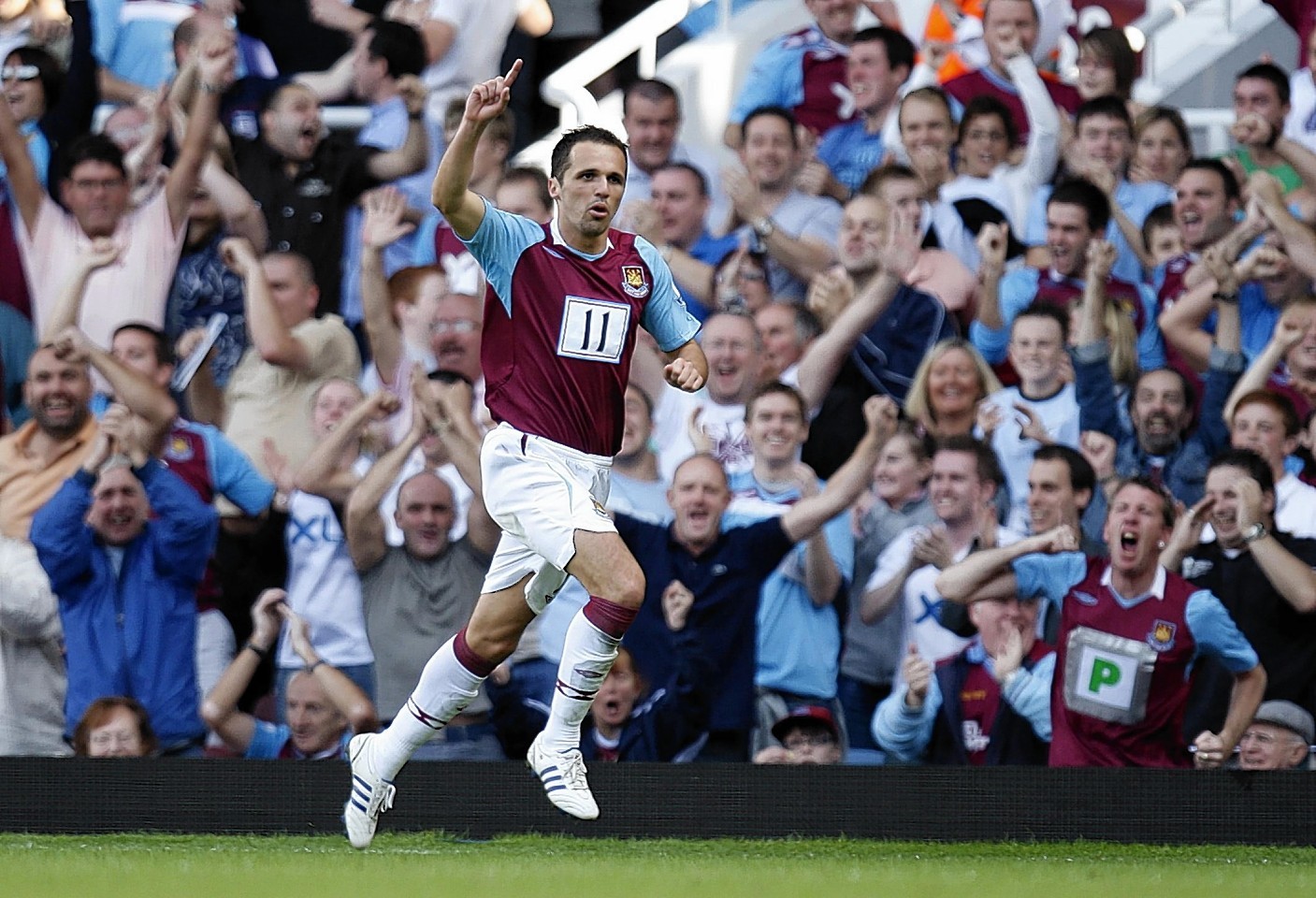Professional footballers and cricketers are three times more likely to have a gambling problem than other young men, and the problem is worse if they are on lower incomes, according to new research.
The findings of the research study into gambling involving professional sportsmen was announced at the English Professional Players’ Federation (PPF) conference in Edgbaston.
The research showed 6.1% of sportsmen would be classified as problem gamblers compared to 1.9% of young males in the general population.
It also showed only a quarter of sportsmen had received responsible gambling education, but 89% of these found the education helpful.
PPF chairman Brendon Batson described the findings as “worrying”.
He said: “There is an urgent need to break down the stigma attached to problem gambling in sport. Sportsmen are a clear at risk group and the whole of professional sport has a duty of care to these young men.”
The research was based on confidential questionnaires from 170 professional footballers and 176 professional cricketers.
In 2013, the Sporting Chance rehabilitation clinic said footballers were taking out pay-day loans to fund gambling addictions and that 70% of its referrals related to gambling.
The former Tottenham and Stoke midfielder Matthew Etherington was helped by Sporting Chance after losing £1.5million gambling on greyhounds, horse racing and poker.
Former New Zealand and Gloucestershire batsman Craig Spearman revealed he was a compulsive gambler at the height of his career.
